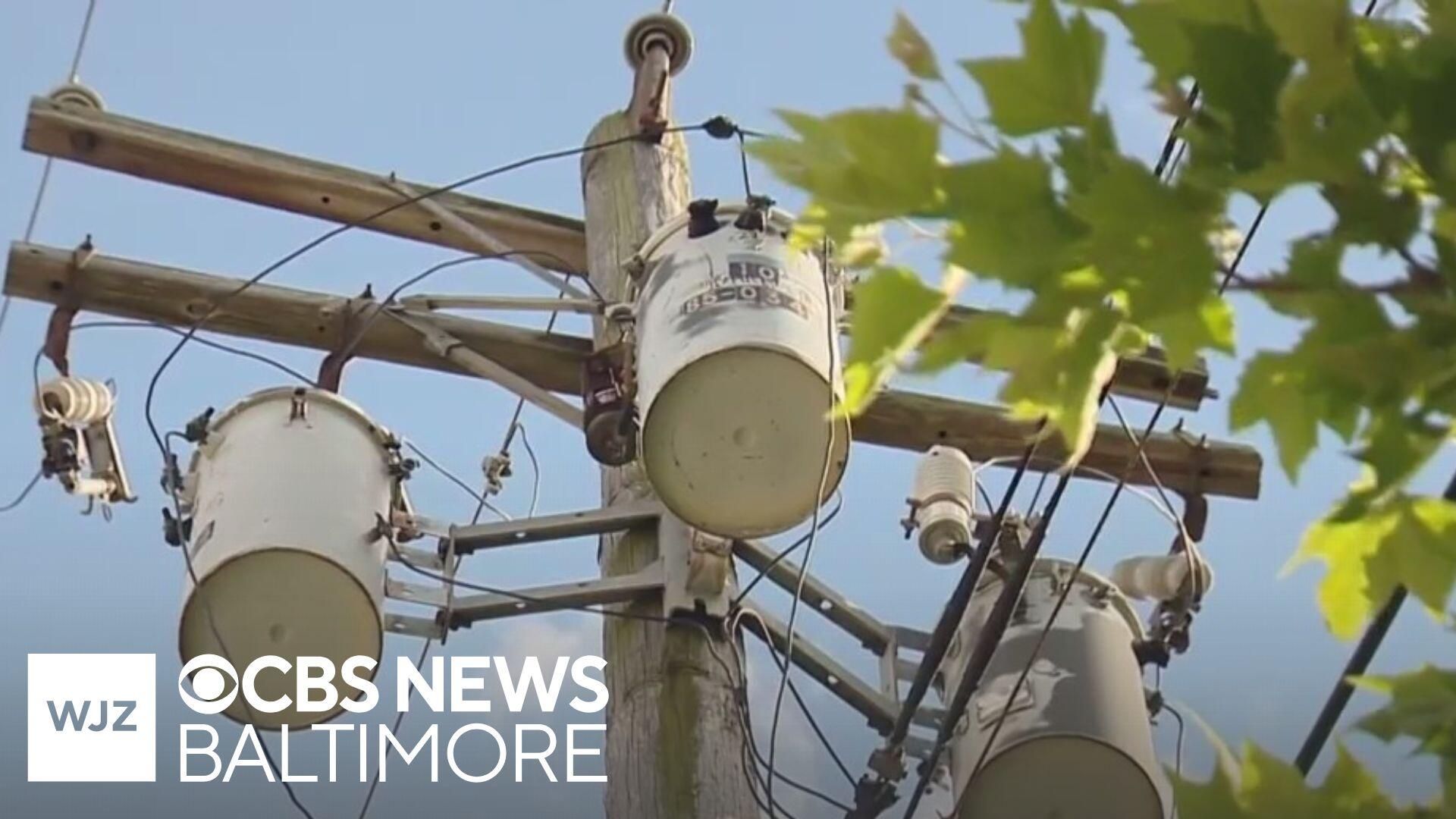BGE to shift supply costs onto lower-usage months, reducing peak season bills
The Maryland Public Service Commission issued an order seeking to alleviate high energy bills for customers.
The order requires BGE to shift recovery of some supply costs to lower-usage months over a six-month period. It means customers will pay less supply costs during the winter and summer, a time when bills are typically higher. However, they'll see an increase in the fall and spring when bills are lower.
The commission said the order will benefit customers by "flattening costs and help[ing] mitigate excessively high electricity bills during peak months." The commission originally considered this idea during an April meeting, after which the Commission requested and received proposals to spread costs over four-, six-, and twenty-four-month intervals.
Commission Chair Frederick Hoover said in a statement, "The Commission took these actions to mitigate the impacts felt by customers as a result of higher-than-expected energy costs, coupled with potential high usage in the coming months."
In response, BGE wrote in a statement: "The Commission has decided to shift the recovery of some supply costs caused by last summer's PJM Capacity Auction results to lower-usage months over a six-month period. We will continue working with the Commission and parties to mitigate the impact of higher energy costs for our customers. In accordance with the PSC's order, adjusted residential electric supply rates will go into effect for usage starting June 1."
The commission adds that they support the Maryland Office of People's Counsel and several other PJM state consumer advocates in a complaint against the Federal Energy Regulatory Commission. The complaint challenges high wholesale capacity prices, arguing that PJM's most recent capacity auction will impose unjust and unreasonable charges on ratepayers.
Electricity prices increase on June 1
BGE said the increase in electricity prices is the result of an unexpected spike in capacity auction prices and the Talen Energy reliability-must-run (RMR) fee. A capacity market auction is a competitive bidding process where power companies promise to make their electricity generation available in the future.
"Generally, Maryland has an acute imbalance between electricity supply and demand from customers," said BGE Spokesperson Nick Alexopulos.
He said customers are paying to keep some power plants, set to retire, online.
"Customers have to pay the owner of those power plants, Talen Energy, a certain fee called the reliability-must-run," Alexopulos said. "They're going to have to pay that every month until the power plants retire."
What is the Talen Energy RMR fee?
The Talen Energy RMR fee refers to the fixed payments made to Talen Energy for continuing to operate its Brandon Shores and H.A. Wagner power plants in Maryland, beyond their planned retirement dates.
PJM Interconnection, the regional grid operator, pays a fee of $312 per megawatt per day for the Brandon Shores plant, amounting to approximately $145 million annually, along with a $5 million performance incentive. For the H.A. Wagner plant, PJM pays a fee of $137 per megawatt per day, which totals about $35 million per year, plus a $2.5 million performance incentive.
The details are outlined in a reached in January 2025.





